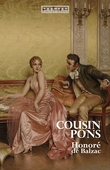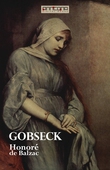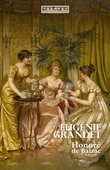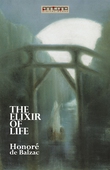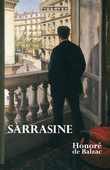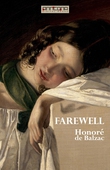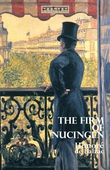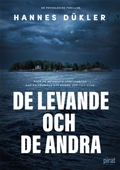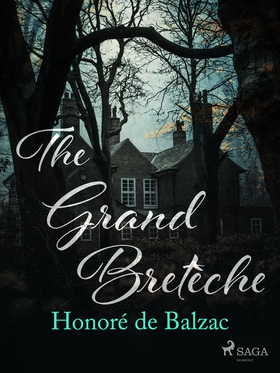
Lägg till önskelistan
The Grand Bretèche (The Human Comedy: Scenes from Private Life) e-bok
Pris
45 kr
The old, abandoned manor of La Grande Bretèche stands between the trees like a secret. Uncovered one day by Dr. Horace Bianchon whilst visiting the nearby town of Vendôme, the ruins will beckon any wandering visitor in.
Full of intrigue, the doctor simply can’t resist entering the house. But night after night, he fails. Why can’t La Grande Bretèche be accessed? And what do the locals know of this mysterious shelter?
Adapted into 3 films, 2 episodes, an opera, and a BBC Radio 4 play, Balzac...
E-Bok
45 kr
Pris
Förlag
Saga Egmont
Utgiven
3 Oktober 2022
Längd
10 sidor
Genrer
Romaner, Skönlitteratur
Språk
English
Format
epub
Kopieringsskydd
Vattenmärkt
ISBN
9788726668209
The old, abandoned manor of La Grande Bretèche stands between the trees like a secret. Uncovered one day by Dr. Horace Bianchon whilst visiting the nearby town of Vendôme, the ruins will beckon any wandering visitor in.
Full of intrigue, the doctor simply can’t resist entering the house. But night after night, he fails. Why can’t La Grande Bretèche be accessed? And what do the locals know of this mysterious shelter?
Adapted into 3 films, 2 episodes, an opera, and a BBC Radio 4 play, Balzac’s gripping ‘The Human Comedy’ short story, ‘The Grand Bretèche´, is ideal for fans of Xavier Giannolli’s 2021 ‘Lost Illusions’ film.
Honoré de Balzac (1799-1850) was a French novelist and playwright, most famous for a sequence of novels, collectively called 'The Human Comedy'. His signature style was a warts-and-all representation of post-Napoleonic French life, rich in detail and featuring complex, unfiltered characters.
The style means Balzac is regarded as one of the pioneers of European literary realism. He is named as an influence on writers including Emile Zola, Henry James, Charles Dickens, and Gustave Flaubert.
The first novel he published under his own name was 'Les Chouans' in 1829. In 1834 he hit upon the idea of grouping his novels together to record all of society. The result, over a period of years, was 'The Human Comedy', which comprised three categories: 'Analytic Studies'; 'Philosophical Studies'; and 'Studies of Manners'.
EPUB3: Reflowable


